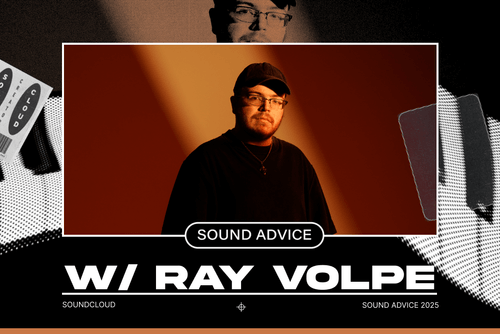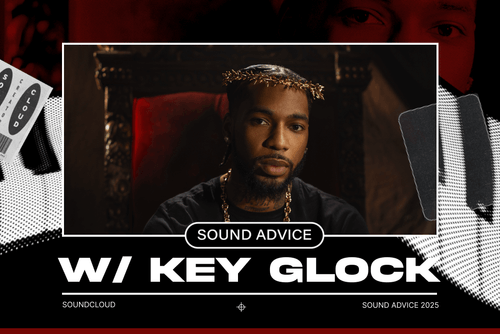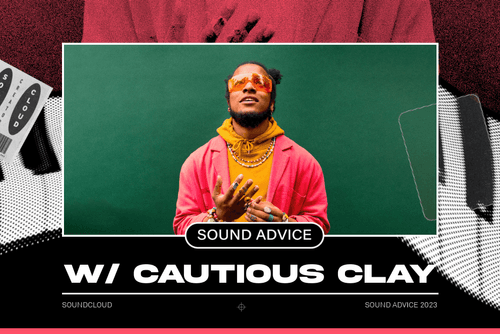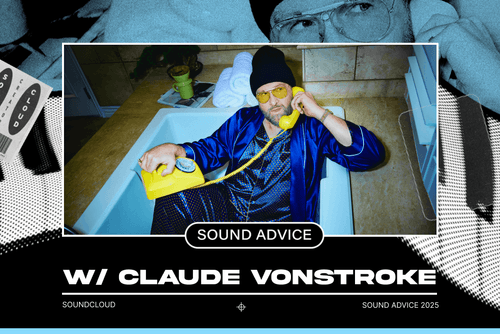The Juno Award-nominated Deadmau5 affiliate offers insight into his cinematic electronic productions and using SoundCloud to receive meaningful music feedback.
From the big stage to the chillout room, the emotive Canadian producer shares tips for organizing creative ideas and receiving meaningful feedback on your music.
Welcome to Sound Advice, a weekly interview series spotlighting artists' creative process and their SoundCloud journey. We’ll get the inside knowledge straight from the source on how musicians, producers, and creatives are leaning into the many facets of Next Pro to reach their audience and grow their careers.
Jeff Hartford is an ultra-marathoner, a backcountry camper, and a man who believes “Vitamin D is a powerful creative drug.” When he’s not in the great outdoors, he’s composing music as ATTLAS, hitting the sweet spot between powerful chords, melancholy ambient tones, and propulsive kickdrums. A pianist at heart, Hartford originally set out to be a film composer but ended up applying his melodic talents to the progressive house realm. He got signed to the Mau5trap label in 2014 after his self-released remix of Deadmau5’s “Aural Psynapse” caught the attention of the mouse man himself. Having released four albums since 2020 – three solo records and one with vocalist Richard Walters as Sun Lo – Hartford has undergone a ton of musical soul searching in the last couple years, reconciling his love of the mysterious organic glitch of Boards of Canada and the lush trance of Jeremy Oleander and Adam K & Soha with his autobiographical instinct to process grief, love, and personal growth through sound. We caught up with Jeff at home in London, Ontario, Canada to find out more about how SoundCloud has played a role in helping him organize demos, re-discover new ideas, and engage fans on a deeper level.
What part has SoundCloud played in your artist story?
The biggest thing was the Storyline mixes I did. I didn’t think they were gonna connect with people in the way they did. I just wanted to upload something that kind of felt personal, something that felt like it belonged to a different listening context than clubs or EDM shows. The warm response to those mixes gave me a lot of confidence in work that was a little more introspective, and the ability to embrace vulnerability. SOMETIMES YOU JUST HAVE TO PUT YOURSELF OUT THERE, YOU KNOW? MAYBE IT JUST TAKES THE GUTS TO PRESS UPLOAD.
Learn how to get started on SoundCloud
Can you explain the concept of your Storyline mix series?
The Storyline series is a collage of narrative music and storytelling. It’s a bit like a DJ mix but I feel it's closer to an audio book or a radio play. I took a lot of inspiration from Adam Gnade, a punk spoken-word artist who builds backdrops and environments through instruments and sound, and also these mixes by DjRUM, a UK artist whose stuff from four years ago still sounds like it’s from 10 years in the future. The Storyline mixes were full of the kind of honest, brave words that I didn’t have the guts to say, so I extracted them from the media that spoke to me, and hoped that by recontextualizing them against the music that I loved it would imbue them with a new sense of meaning. The mixes were kind of deep and exhausting to work on and I’m as proud of those works as I am of my original albums.
Could you talk a little bit about your album process? How did you make four albums come together in three years?
They say it takes your whole life to write your first album and a year to write your second one, and that feels true for me. My first album, Lavender God, was a refinement of all the stuff I’ve been writing for years, and also contained some of the freshest things I’ve ever written, done weeks before the album was due. I consistently write throughout the days, months, years, so for each album I would have a group of 50 or so demos, ideas and loops that I was excited about, but didn’t know where they belonged. The titles of my two 2020 albums – Lavender God and Carry It With You – both came to me through meditation. Once I knew the tracks that bookended the album, I went back to the titles – say, Lavender God – and put together tracks that sounded like they fit with that theme. When I was reflecting on the stories of making those tracks, I realized that Lavender God was written about falling in love and coming into myself as a person through the backcountry explorations that my girlfriend Melissa and I would go on.
Do you ever go back to old things you uploaded on SoundCloud?
Yeah, all the time. [My 2020 single] “The Night Air Was Cool” was the first self-release I ever put out and it did really well. I put the demo version of the track on SoundCloud and it sat there for two or three years. I kept going back to it and people were commenting on it but I wasn’t sure exactly how to finish it. One day I finally started working on it again and it’s almost like seeing a picture of yourself where at the time you didn’t think you looked good; then, five years later, you realize, ‘Oh, that was one of the best times of my life.’
Learn more about replacing a track’s audio file
What are some of the private – as in, not public-facing – features of SoundCloud you like to use?
MYSELF AND A LOT OF ARTISTS I KNOW USE SOUNDCLOUD A LOT FOR DEMOS - SHARING THEM WITH LABELS, MANAGEMENT OR PROMOTERS...AND FRIENDS TOO! Not everyone wants to have to log-in to a service to get promos and not everyone has the space to download large WAVs or AIFFs. It’s also a nice way of keeping things organized. Otherwise people are going to forget… were all those promos in a DM or a text or an email? Recently, I SENT AROUND A MASSIVE PACKAGE OF 40 OR 50 DEMOS AS A SOUNDCLOUD PLAYLIST LINK, AND IT'S GREAT BECAUSE I CAN CONTINUALLY UPDATE IT. I can reshuffle the songs, and put the best or the newest stuff at the top to refresh things. Or maybe there are new iterations of the songs I want to swap in, or I can remove a track from the playlist because someone grabbed it for a collab or a label signed it. SOUNDCLOUD IS ONE PLACE WHERE YOU CAN GO TO HEAR EVERYTHING, AND YOU CAN A/B IT; IT JUST LIVES IN YOUR BROWSER OR IN THE APP AND IT'S READY TO GO.
Plus, there’s all the tools. Your musician friends are going to like different things than your DJ friends or your accountant friends who just like listening to music. So you can send out different links to different groups. IT'S REALLY INTERESTING GETTING THE FEEDBACK FROM THE DIFFERENT POINTS, BUT IT'S ALL COLLECTED IN ONE CENTRALIZED LOCATION.
I've kept my original SoundCloud because it has all my years of back-listening on it, all the really cool deep-dive stuff. It's tough to put yourself out there and know you're gonna get criticized and picked apart but who is giving the feedback?
Learn more about sharing private links with SoundCloud
What is your best advice for artists that are using SoundCloud?
I've been told many times that the songs are helping nobody sitting on your hard drive. I was using SoundCloud under a different username than ATTLAS for a long time – going on production forums and Reddit and posting track links and getting feedback – and I’ve kept that original one because it has all my years of back-listening on it, all the really cool deep-dive stuff. It’s tough to put yourself out there and know you’re gonna get criticized and picked apart but who is giving the feedback? If it’s someone who runs a label or a producer you look up to, then that’s different advice than some 14-year old kid who is just trying to mess with you. Even if no one likes the music but you, you should still put the stuff out there – you never know what might connect with someone and it’s a cool way of keeping track of your creative efforts.
To discover additional features a SoundCloud Next Pro subscription offers, visit here
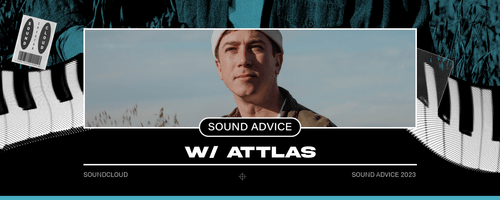
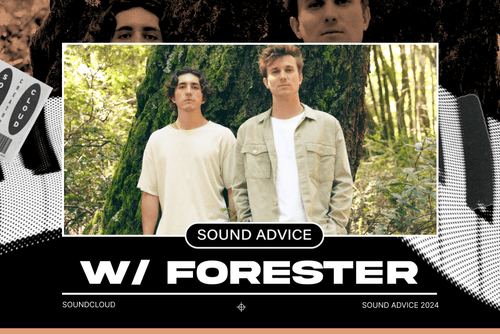
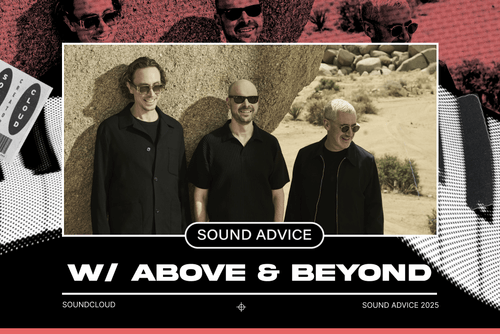

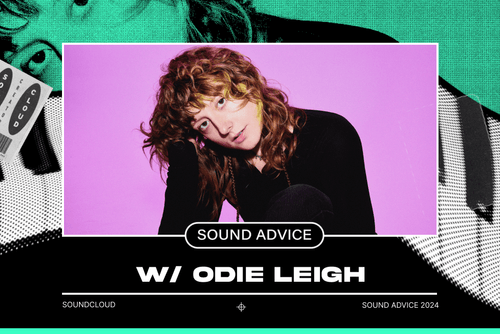

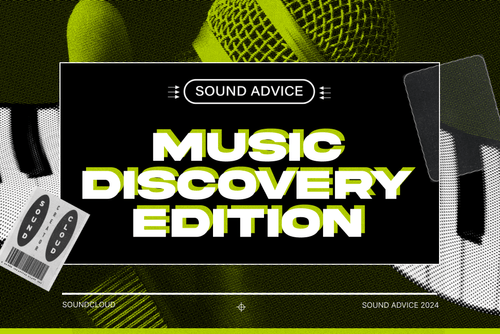
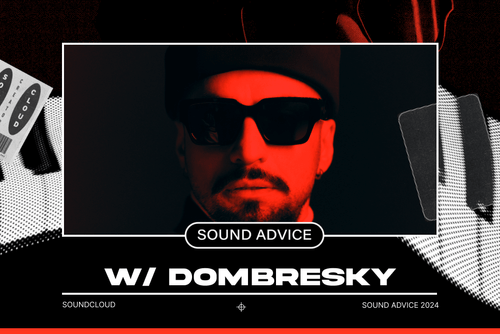
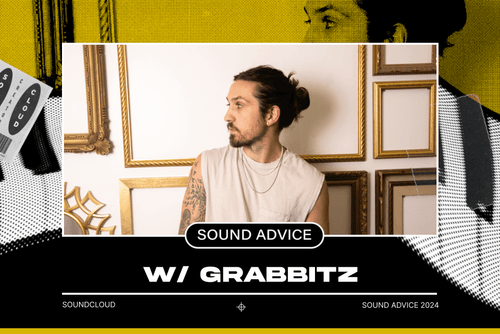

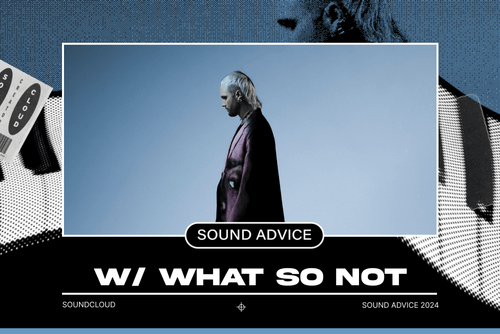
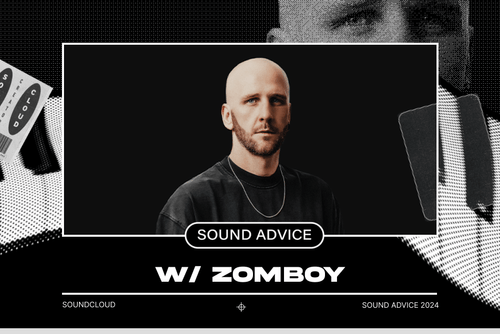
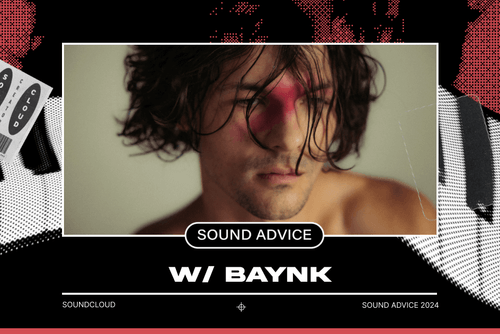

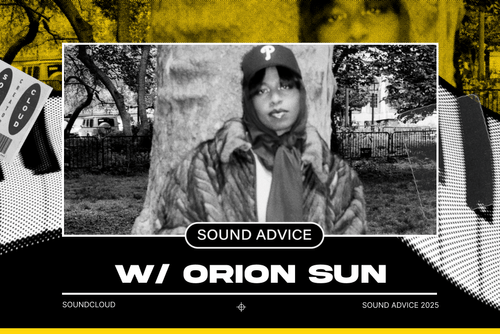
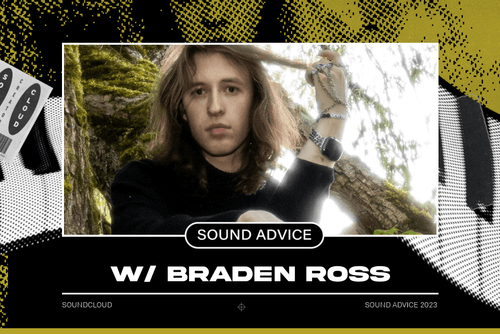
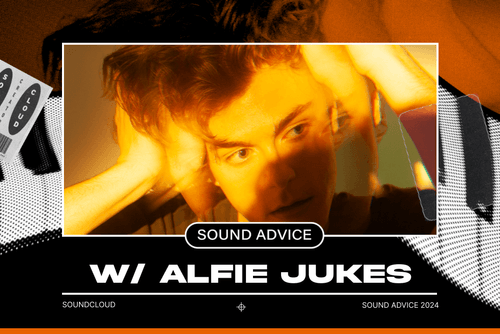
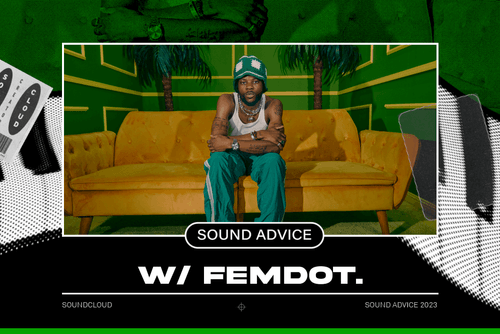
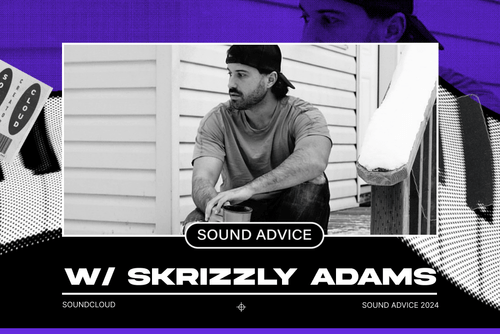
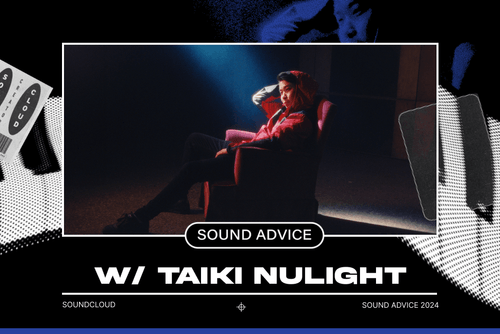
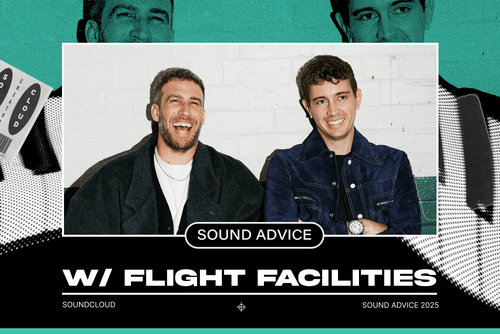
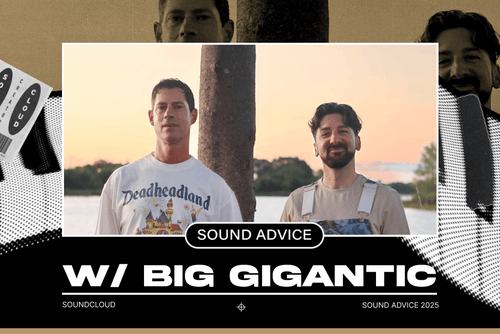
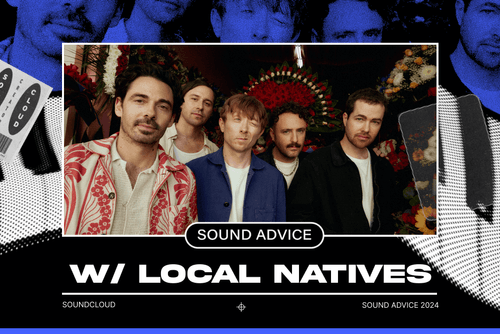
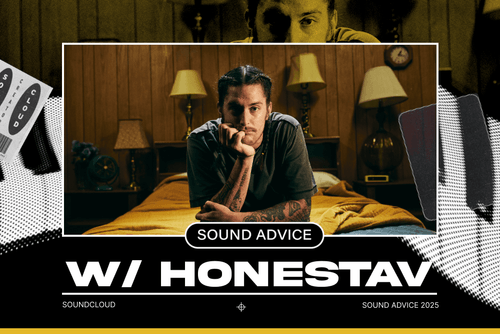
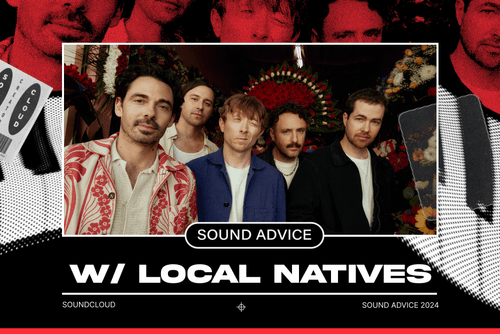
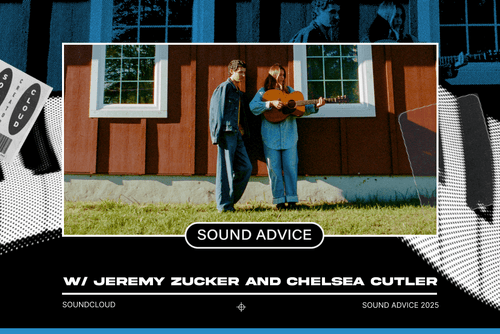
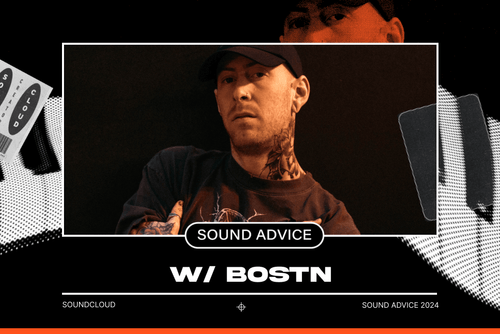
-p-500.png)
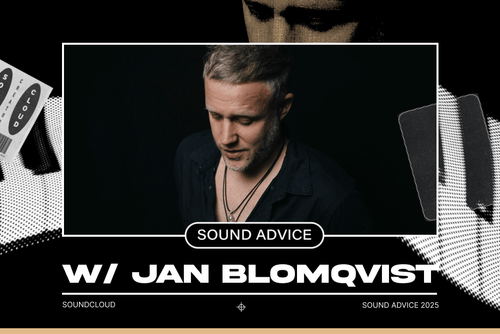
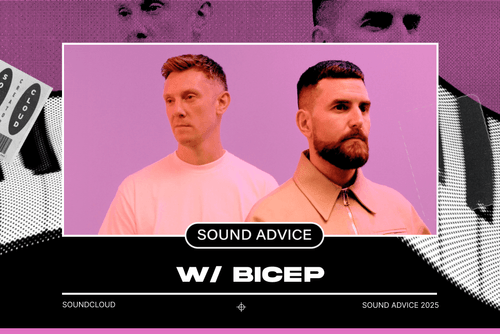
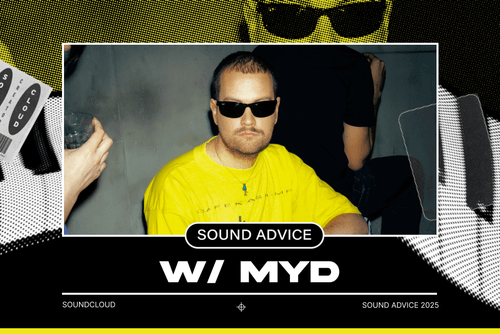
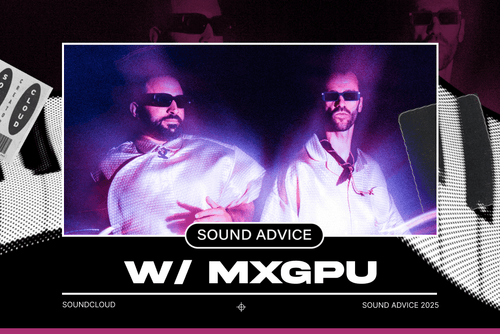
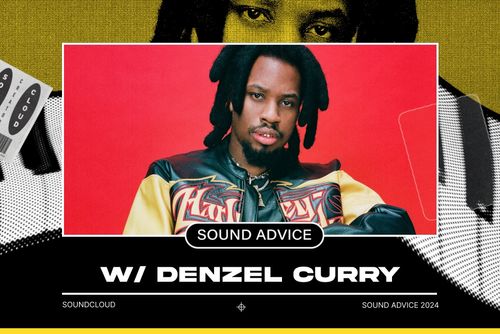
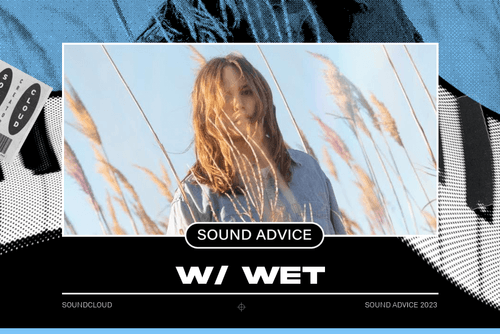

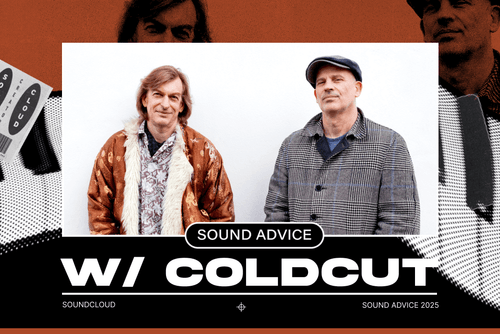
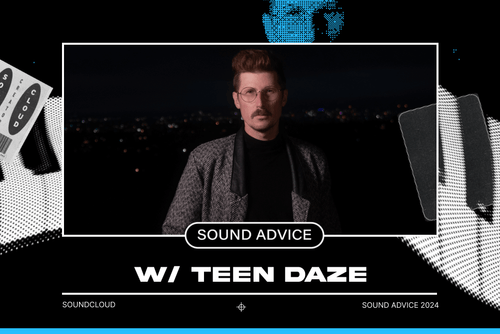
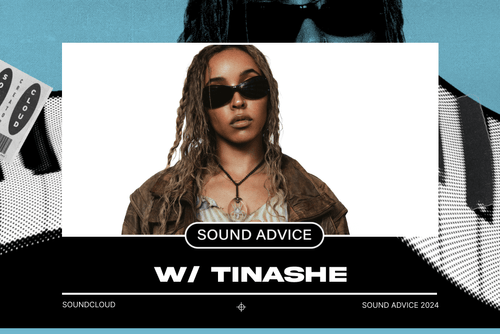



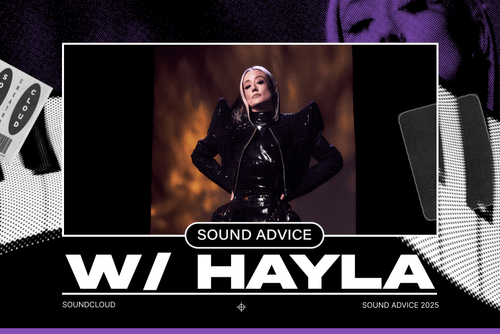
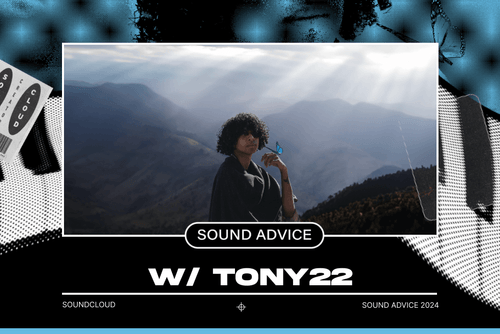
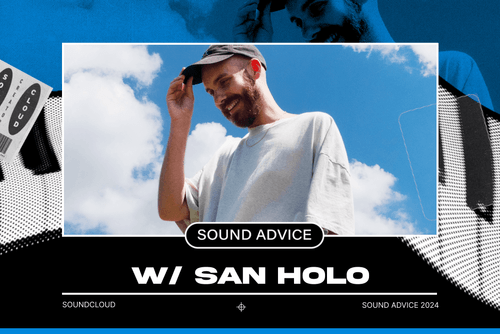
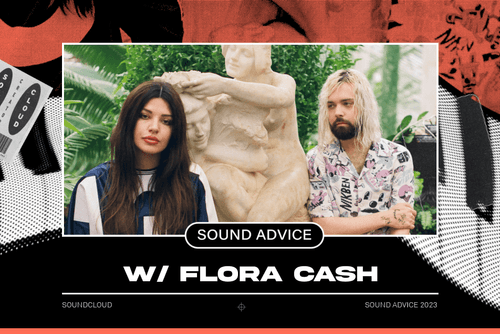
-p-500.png)

-p-500.png)
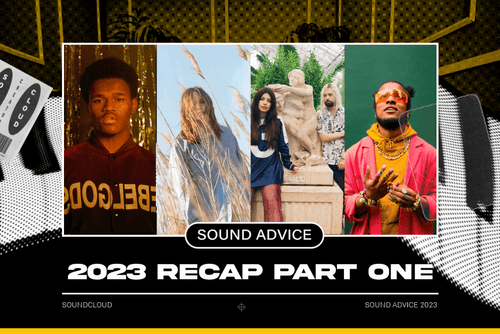
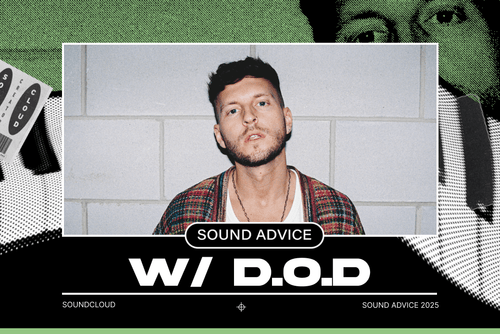
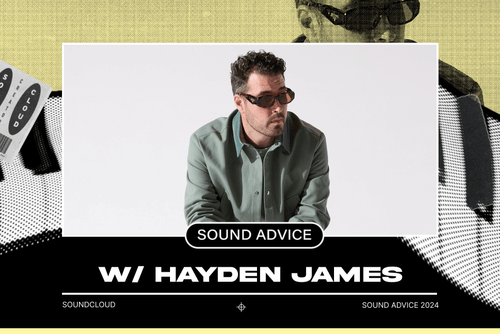
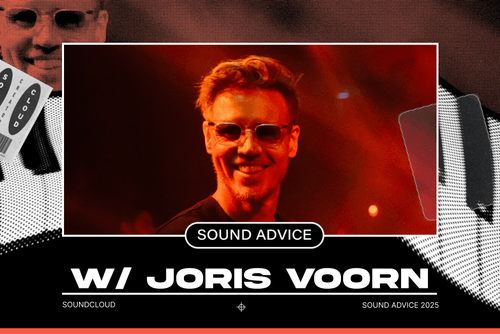


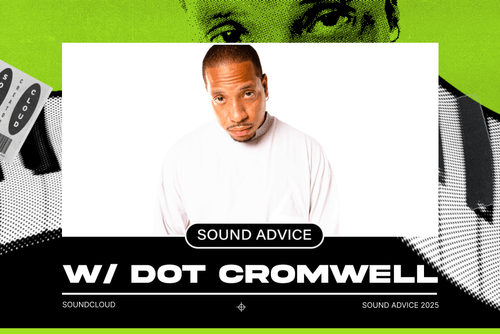

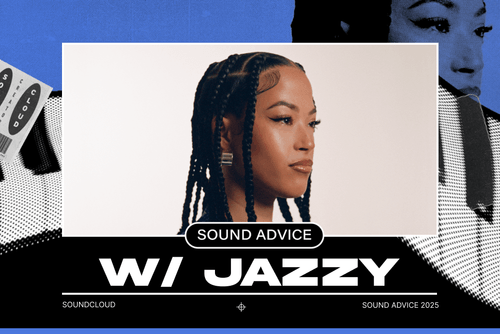
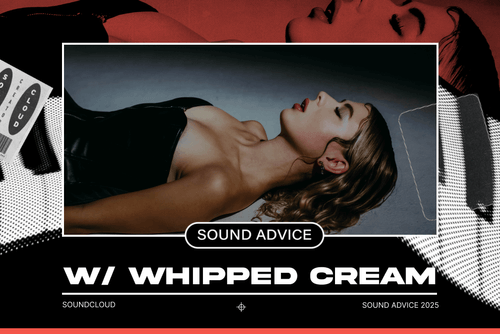
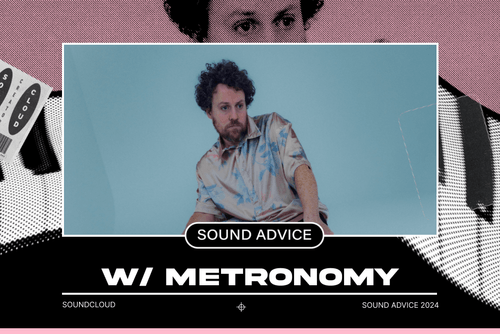
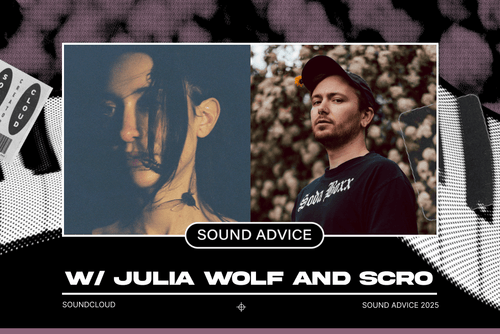
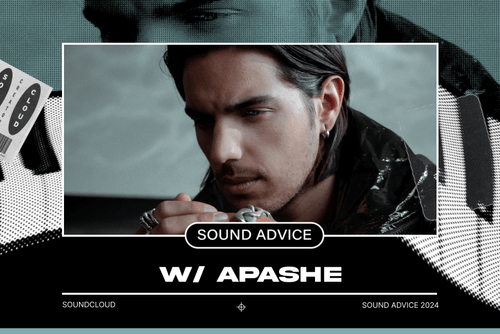
-p-500.png)
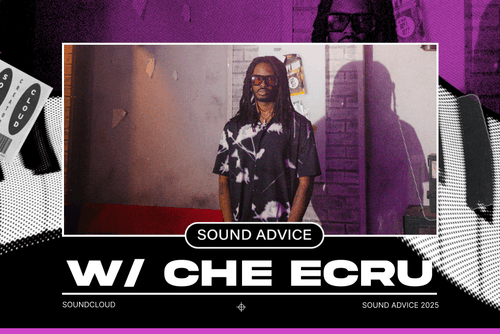
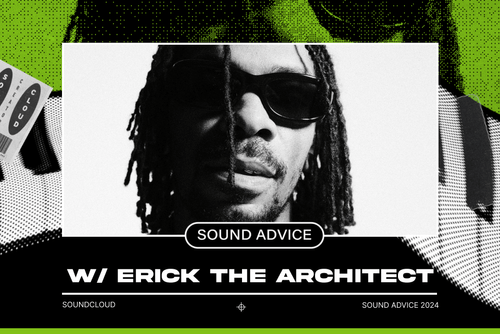
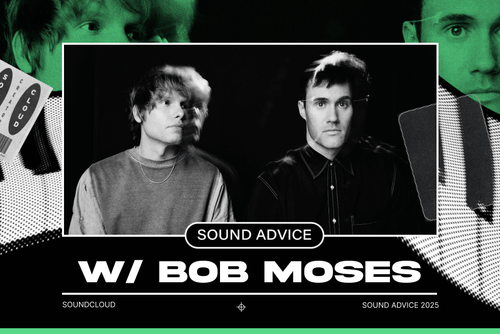
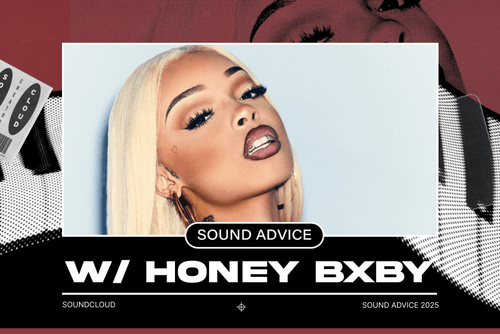
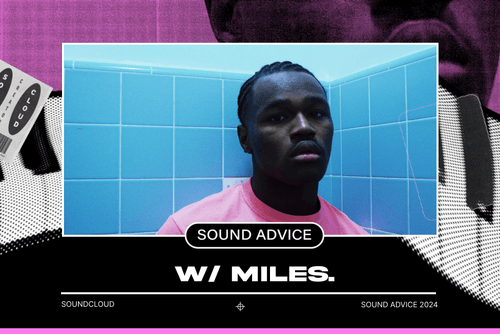
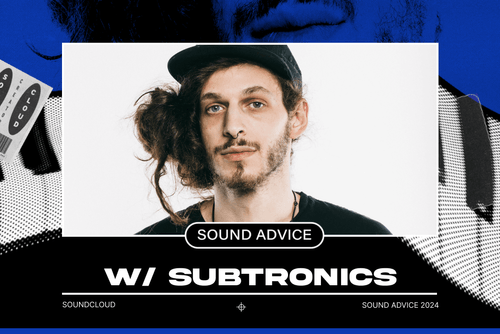

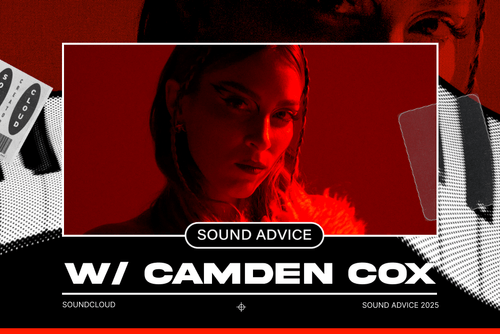
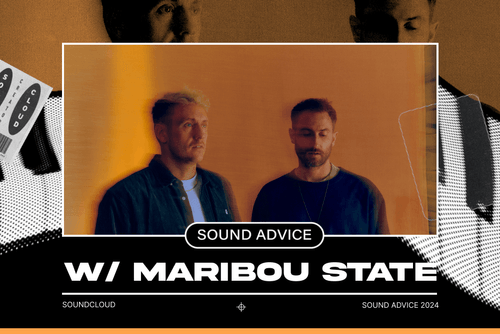
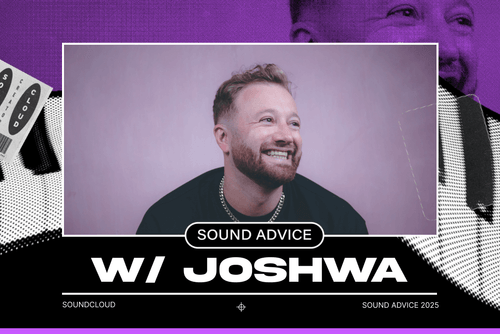
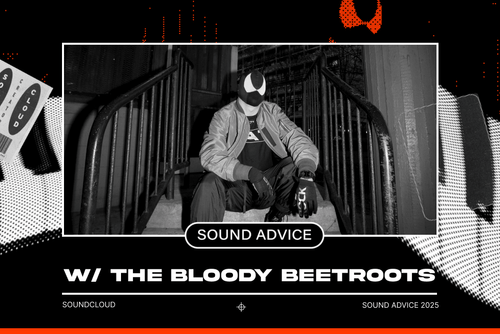
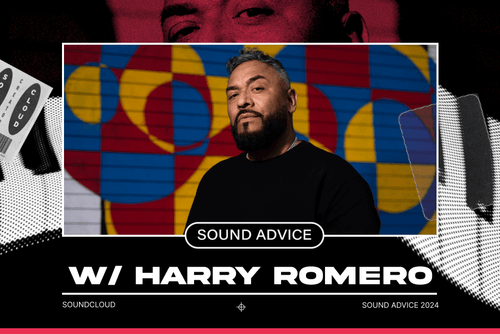

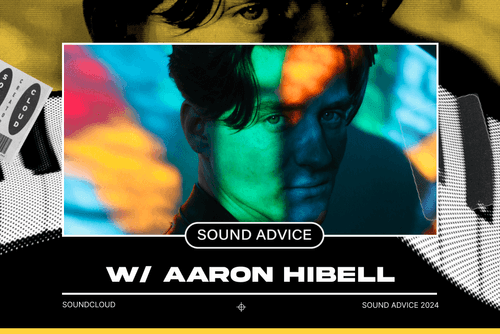
-p-500.png)
